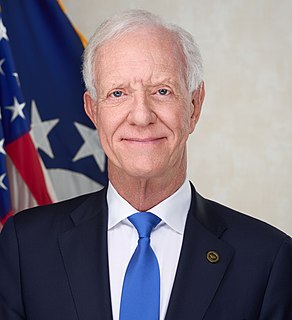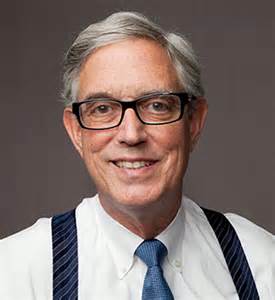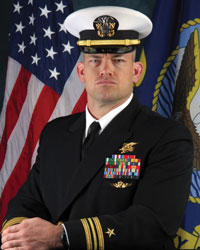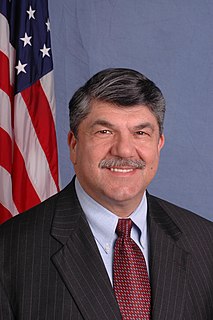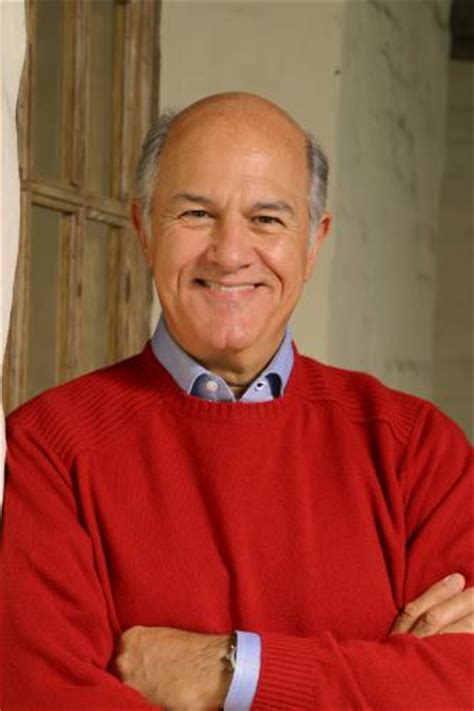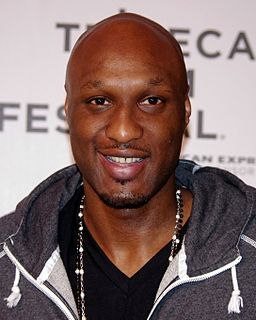A Quote by Walter Kiechel
One practical point many experts will attest to is that if you want to develop someone as a leader, give them lots of responsibility early in their lives and careers. The military does that. I can remember being officer of the deck on a destroyer, on watch and in charge at two in the morning as we plowed through the Mediterranean while 300 shipmates slept below decks. I was 25 at the time. I don't know how much of a leader I ever became, but the experience certainly brought home to me a sense of responsibility for others.
Quote Topics
Became
Being
Below
Brought
Careers
Certainly
Charge
Deck
Destroyer
Develop
Does
Early
Ever
Experience
Experts
Give
Home
How
How Much
Know
Know How
Leader
Lives
Lots
Many
Me
Mediterranean
Military
Morning
Much
Officer
Others
Point
Practical
Remember
Responsibility
Sense
Sense Of Responsibility
Slept
Someone
Them
Through
Time
Two
Want
Watch
While
Will
Related Quotes
My father volunteered in early 1941, before Pearl Harbor, and became an officer in the U.S. Navy. As I was growing up, he taught me the responsibility of command: A leader is ultimately responsible for every aspect of the welfare of people under his or her care. That was a deeply felt obligation in his generation.
The position does not make you a leader. The title, the promotion, the fancy corner office do not make you a leader. No, it is relationships with people that are the foundation, the very heart of leadership. Have you ever worked for someone you didn't like? It's difficult, isn't it? On the other hand, the leader you will follow anywhere and everywhere is one you know cares about you, and values you. This person has your best interests at heart. It is the leader who comes alongside to help you improve and grow.
Since the team understands that the leader is de facto in charge, in that respect, a leader has nothing to prove. But in another respect, a leader has everything to prove: Every member of the team must develop the trust and confidence that their leader will exercise good judgment, remain calm, and make the right decisions when it matters most.
You're bored, aren't you.' 'I need constant distraction. Shall we go?' 'Uh, aren't you supposed to delegate responsibility or something? If you're not here, who's in charge?' Skulduggery looked around and pointed to a sorcerer at the far side of the cemetery. 'He is.' 'Who is he?' 'Don't know. He looks like leadership material, though, doesn't he?' 'Does he?' 'He's wearing a hat.' 'And that means he's a leader?' 'Leaders wear hats. It's to keep the rain off while we make important decisions. He'll do fine.' 'Shouldn't you tell him that he's in charge?' 'And spoil the surprise?
The leader beyond the millennium will not be the leader who has learned the lessons of how to do it, with ledgers of 'hows' balanced with 'its' that dissolve in the crashing changes ahead. The leader for today and the future will be focused on how to be - how to develop quality, character mind-set, values, principles, and courage.
A leader is only able to lead others because he disciplines himself. The person who does not know how to bow to discipline imposed from without, who does not know how to obey, will not make a good leader-nor will the one who has not learned to impose discipline within his own life. Those who scorn scripturally or legally constituted authority, or rebel against it, rarely qualify for high leadership positions.
Leaders encourage others to continue the quest and inspire others through courage and hope. Leaders give heart by visibly recognizing others' contributions to the common vision. With a thank you note, a smile, an award, and public praise, the leader lets others know how much they mean to the organization.
Executive presence has to do with the whole of the person. It's much more than presentation skill, charisma or savvy. It shows up in three dimensions of the leader's persona - character, substance and style. It's now clear that for a leader to influence and make an impact, it is important for them to also develop qualities such as authenticity, integrity, resonance, practical wisdom, and vision.

